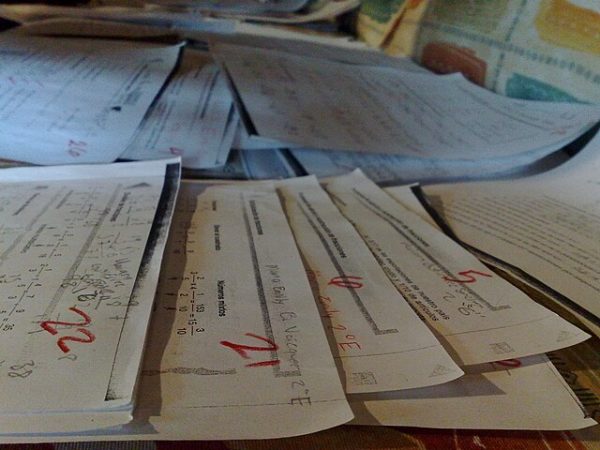Academic dishonesty is normal
If you have ever been ill-prepared for a test in high school (and god knows we all have) you have experienced the temptation of academic dishonesty, and more than likely, at least once, you have given into this temptation. And with the severity of the penalties attributed to even the slightest forms of academic dishonesty it is a miracle that the academic reputation of almost all high school students has not been tarnished with the label “cheater.”
According to a study of 24,000 students conducted by Rutgers University, 95 percent of students admitted to committing some form of academic dishonestly while in high school. This number is huge considering the explicit and implicit penalties of cheating. The explicit being the obvious zero on an assignment and a detention. The implicit however are much more severe. Though it may not seem it at first, the simple brand that accompanies the offense on a student’s file is enough to turn away a prospective college.
Regardless of the fact that 19/20 students admit to falling victim to the temptation of cheating, the disciplinary infraction gained from the offense is a huge application killer. There are countless stories of people with the grades to succeed and make it into top tier colleges being denied because “this one time I changed my answer after seeing my friend’s.”
So, my suggestion is to extend the formerly mentioned explicit punishments and to not include them on your disciplinary record. If a student has to endure 3 times the detention they will be just as likely to be deterred from cheating as if they were to have it included on their record, that is, not at all. Because, cheating will not go away, that is just a fact. So, even if it is something that should not be encouraged, a person’s entire academic future should not be jeopardized for simply getting caught.

Zach Wols is a senior who is an A&E Editor. He loves to hang out with friends and play guitar. He hopes to major in journalism when he gets out of...
















